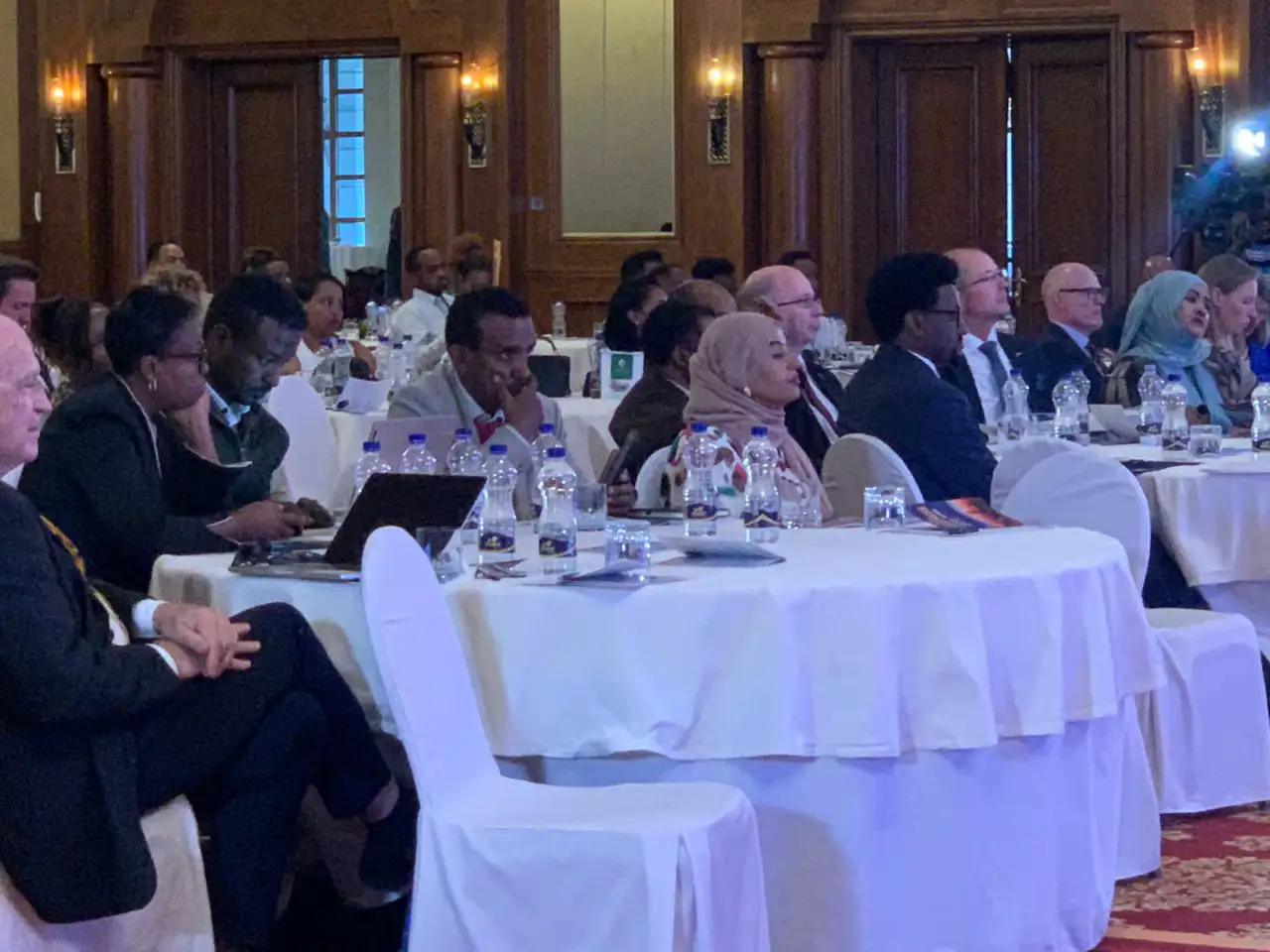Swedish capital targets Ethiopia’s green industrial opportunity
At the “We Mean Business” Ethiopia–Sweden forum, Addis Ababa pitches industrial parks, green energy and logistics projects to Swedish investors, signalling a shift from debt-led expansion to private-capital partnerships for its next growth phase.

The Ethiopia–Sweden Business Forum 2025, held in Addis Ababa under the banner “We Mean Business,” reflects a deliberate effort to recast Ethiopia’s narrative from risk-heavy frontier to structured investment destination. Bringing together senior officials, Swedish corporates, and Ethiopian private-sector leaders, the forum sits at the intersection of industrial policy, green transition, and institutional partnership. The focus is no longer solely on headline pledges but on bankable project pipelines that match Swedish capital and technology with Ethiopia’s manufacturing and infrastructure ambitions.
The mechanism behind this forum is partnership diversification. Sweden, with its strong industrial base and sustainability ethos, offers technology and investment frameworks in areas such as renewable energy, advanced manufacturing, logistics, and digital solutions. Ethiopia brings a young population, industrial parks, and a strategic location within the African Continental Free Trade Area. By using business forums to align interests, the two sides aim to match Swedish risk appetite with Ethiopian projects in sectors like energy, transport, agro-processing, and green urban infrastructure.
For Ethiopia, the forum is also part of a broader economic reset. After years of high but volatile growth, conflict, and macro stress, the government is seeking to demonstrate progress on stability, reforms, and openness to FDI. Engagements with European partners, including Sweden, support efforts to upgrade industrial capabilities—moving from low-value assembly into higher-value manufacturing, incorporating technology transfer and skills development. Swedish investors, in turn, look for clarity on legal frameworks, currency policy, and dispute resolution.
From a macro perspective, the forum sits within Ethiopia’s attempt to rebalance growth drivers. Historically, the country’s expansion relied heavily on public investment and concessional borrowing. That model has hit its limits, with rising debt service and constrained fiscal space. Bringing in private foreign capital through structured partnerships allows Ethiopia to continue infrastructure and industrial expansion without unsustainable sovereign borrowing. If Swedish involvement translates into equity and PPP structures, it could reduce sovereign risk and spread financing across a more diversified investor base.
For Sweden and European corporates, participation offers a foothold in an under-penetrated but large market. Ethiopia’s industrial parks, growing consumer base, and role as a regional logistics node give a platform for export-oriented manufacturing and regional services. However, corporate decisions will hinge on political stability, regulatory predictability, and currency convertibility.
Forward indicators to monitor include: the number and size of projects that progress from MoU to financial close, investment volumes committed over the next 2–3 years, employment generated in Swedish-backed ventures, and export performance from Ethiopian facilities with Swedish participation. If these metrics move decisively, the forum will be viewed not just as an event but as a pivot in Ethiopia’s external economic relations.
In essence, the “We Mean Business” message is directed as much at capital markets as at diplomats. Ethiopia is signalling that its next phase of growth must be anchored in partnerships that blend industrial expertise, green technology, and credible governance. For Sweden, early engagement offers both commercial opportunity and influence over standards in a strategically important African economy.





